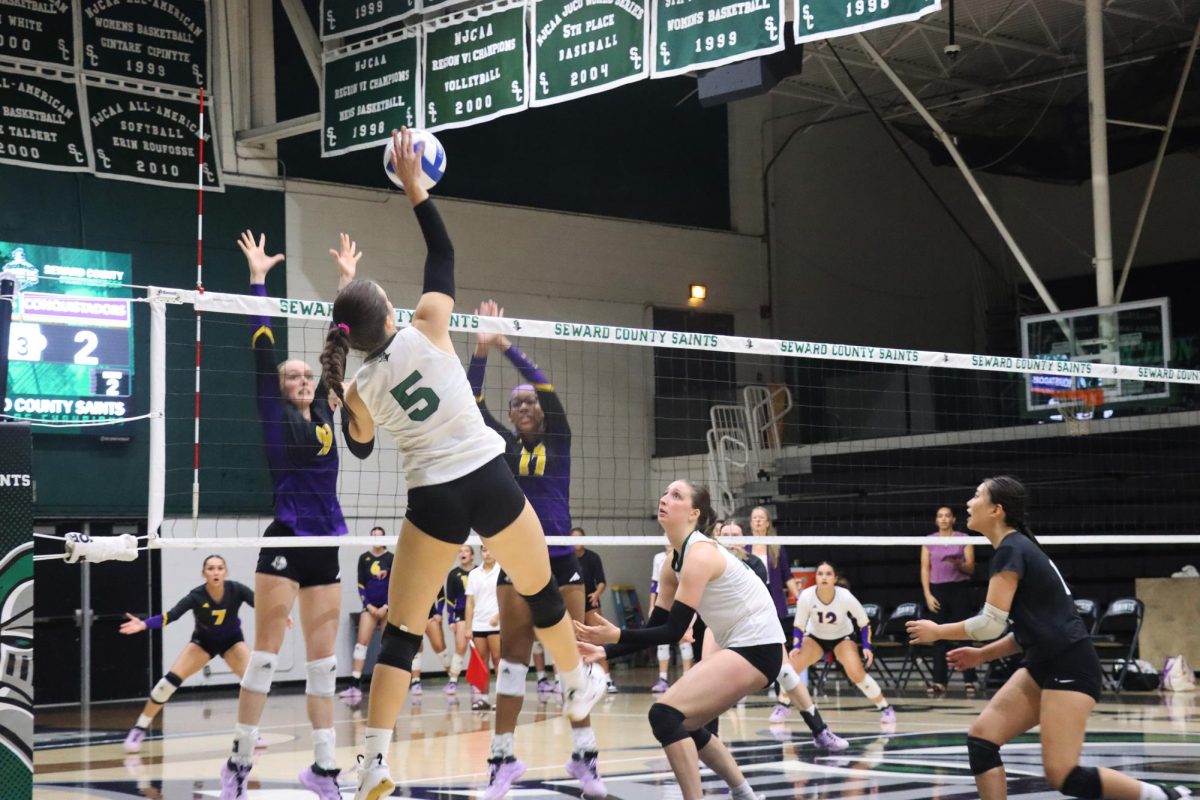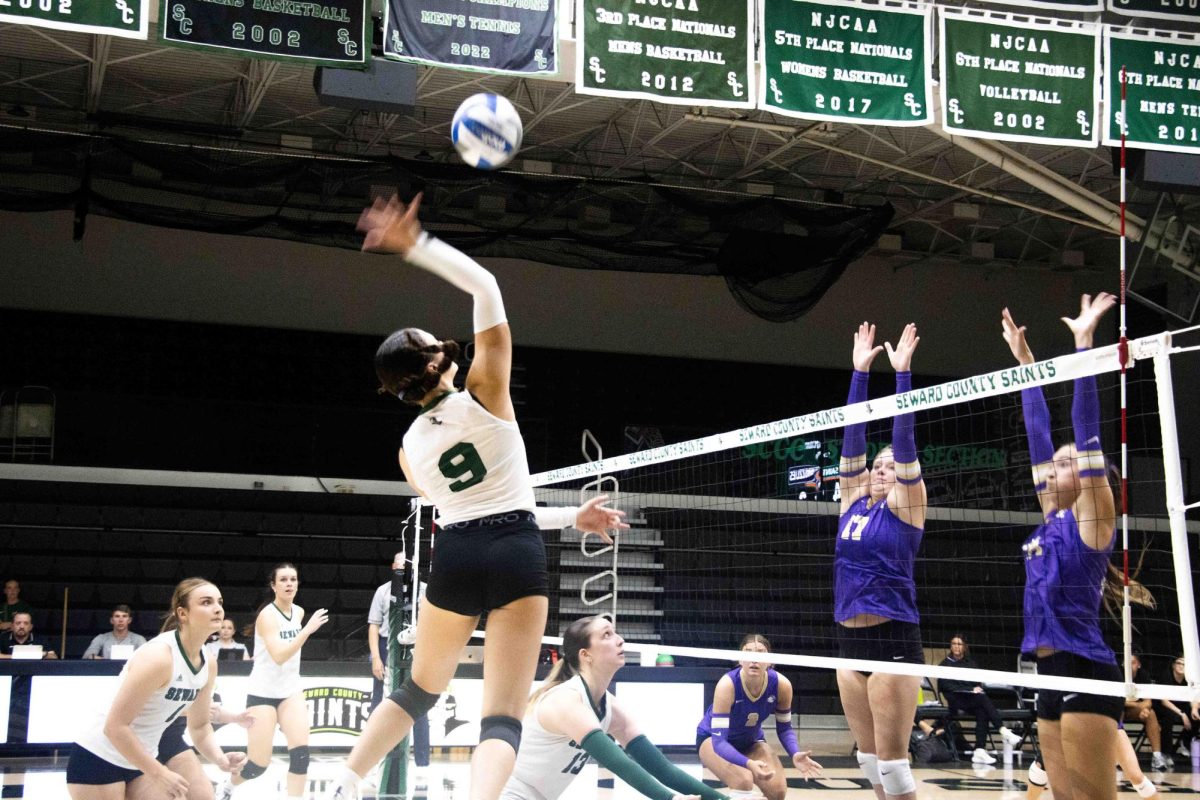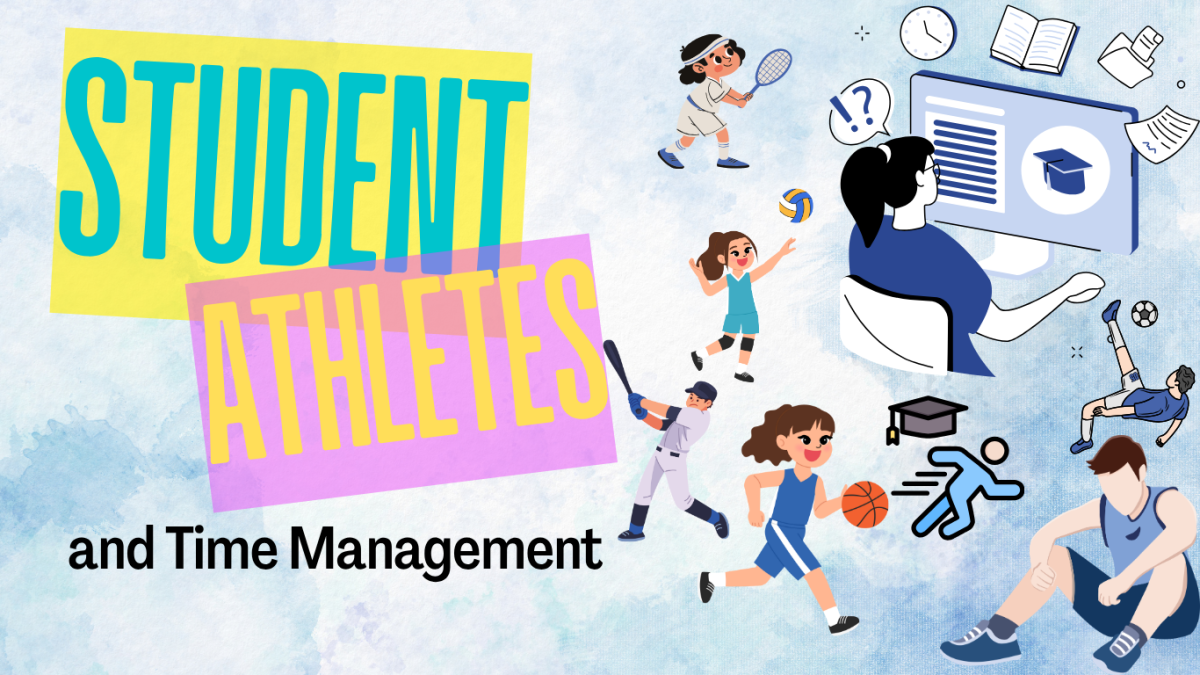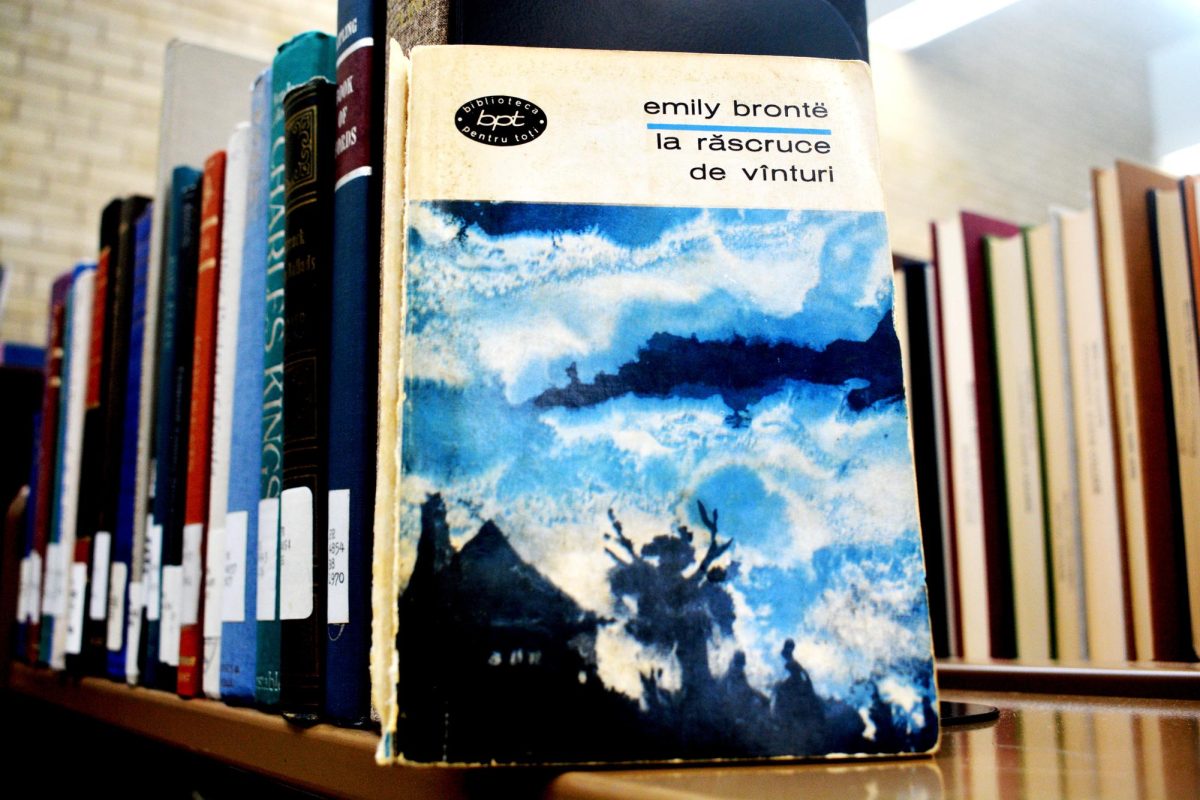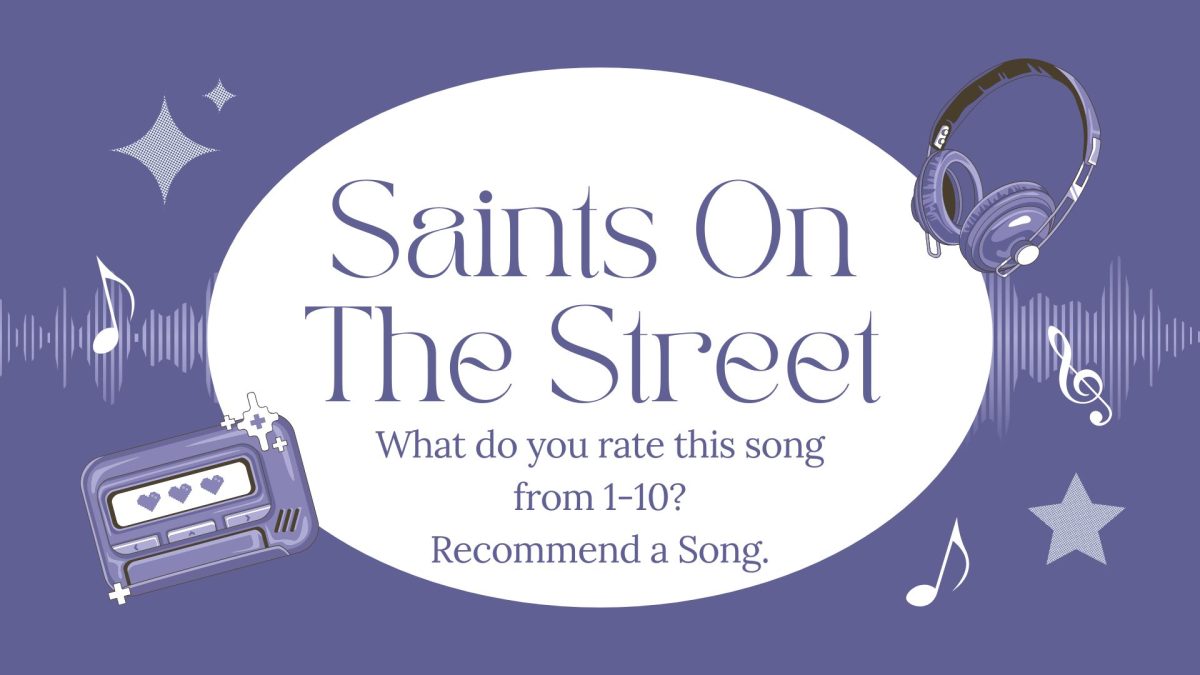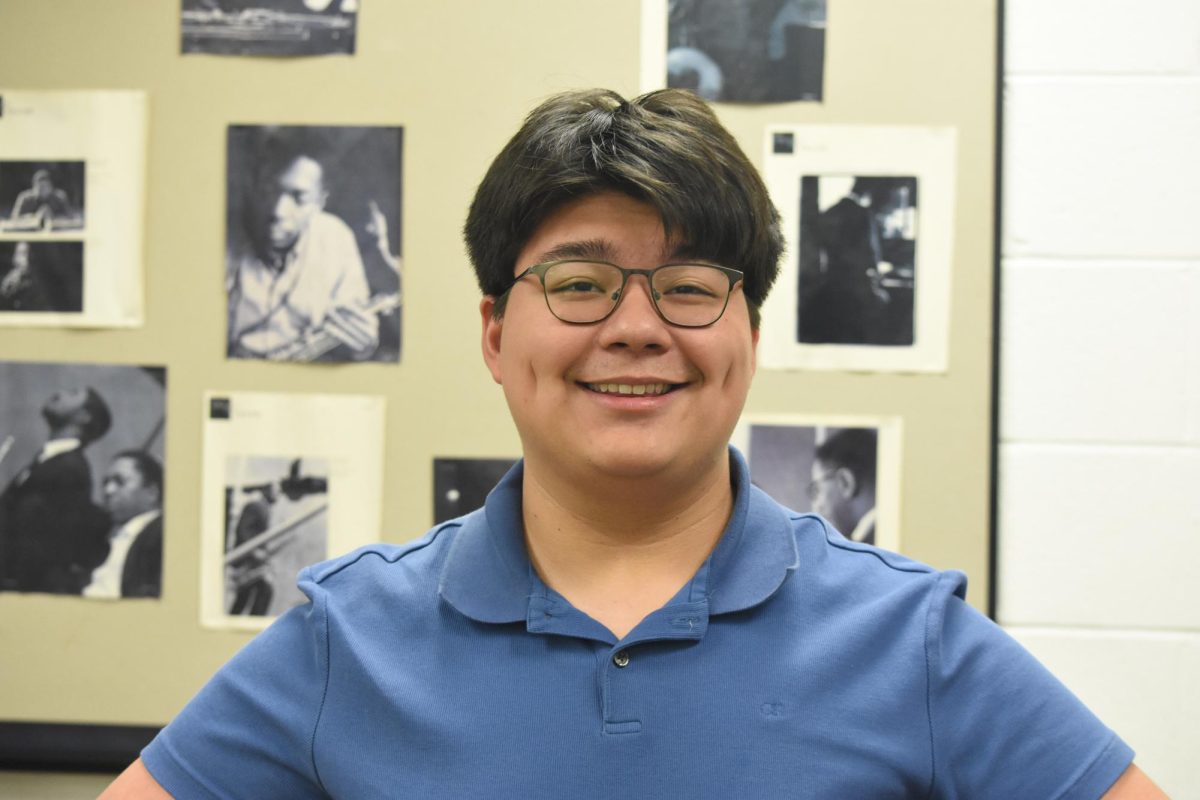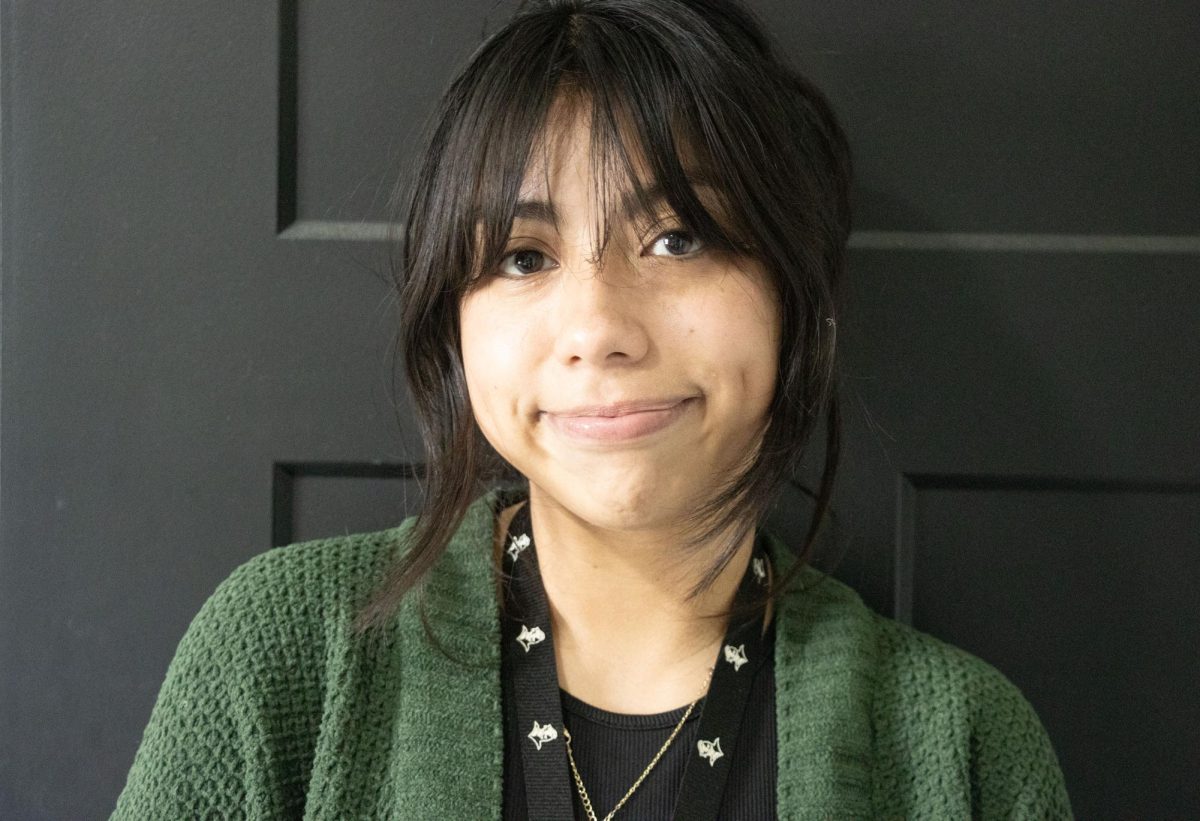December of 2010 was when the senate voted against the Development, Relief and Education for Alien minors act or as most people recognize it the DREAM act. That was a major disappointment for students across the country who are in the country illegally. On Oct. 4, a visa lottery, formally known as Diversity Visa program 2013, began. The program will end on Nov. 5 with no entries accepted after noon on that day. The Visa program was started in 1996 when the Immigration Act was passed in order to give immigration opportunity to countries other than the main sources of immigration. The goal the U.S government hopes to achieve is to diversify the population by providing a way for immigrants to live, work and study in the United States. The program allows for applicants to fill out an entry form for selection for a visa to remain in the United States. The program only allows for 50,000 visas to be assigned to residents that are from the eligible countries after they apply online and send in applications. The visas are chosen at random through a computer generated program. In order to be eligible for a visa, the applicant must meet requirements. The requirements are that you either have a high school diploma or an equivalent proving that the applicant successfully completed grades K-12, and must have two years of work experience. It seems simple, but the requirement that stops many students or immigrants from applying is the fact the countries not eligible are the countries where most of the immigrants are from. The countries that are not eligible are Mexico and most of the Central and South American countries, like Guatemala, for example. The reasoning behind the exclusion of the above mentioned countries is that in the past five years, they sent more than 50,000 immigrants to the United States. If one takes a glance across campus in between class, they could easily see that the countries being excluded are the ones that affect our community the most. It would make sense that the countries that have the most immigrants in the United States would be the ones to be able to apply for the visas, considering the fact that many of the immigrants are students that want to contribute to the country that they consider home. “It would allow them to be part of the work force,” Developmental Instructor/Director of Academic Achievement Centerand HALO sponsor Frances Brown said. Even though the main goal is to diversify the population, over the years the Hispanic population has grown. It would seem that the majority of the immigrants that are in need of the Diversity Visa and who meet the Education or work requitement or maybe even both, are college students who are stuck in between the laws.
Visa lottery excludes major countries
October 13, 2011

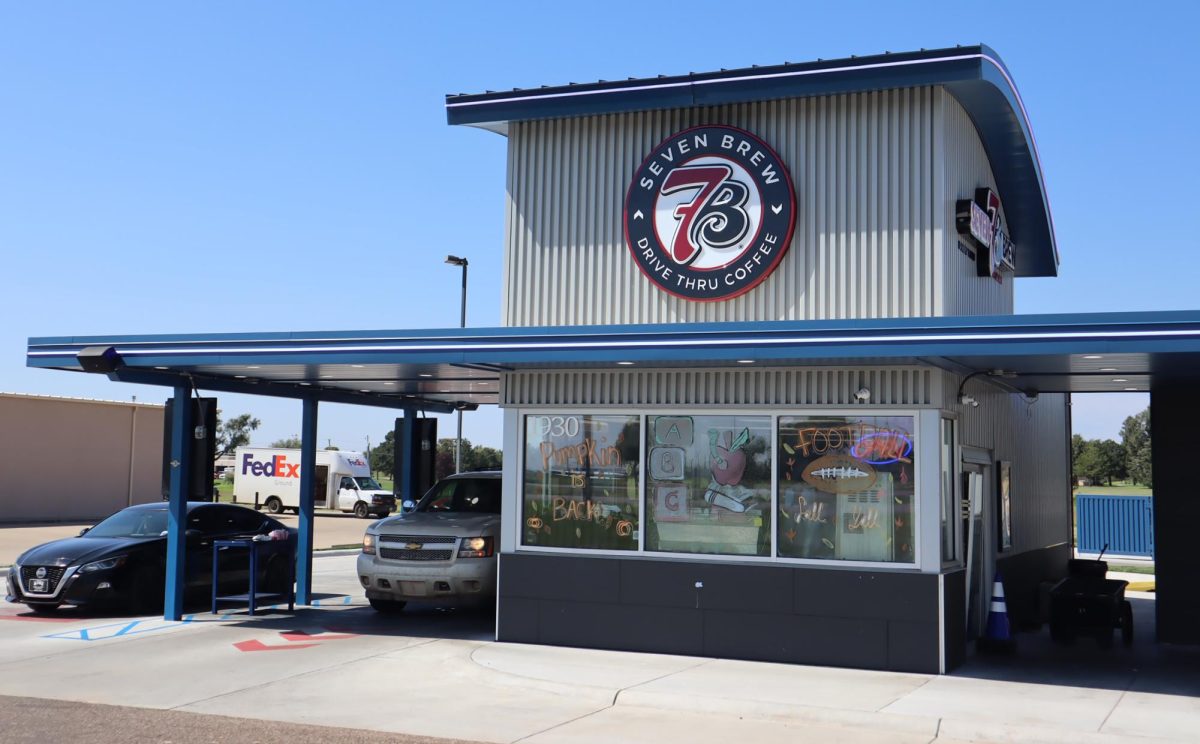


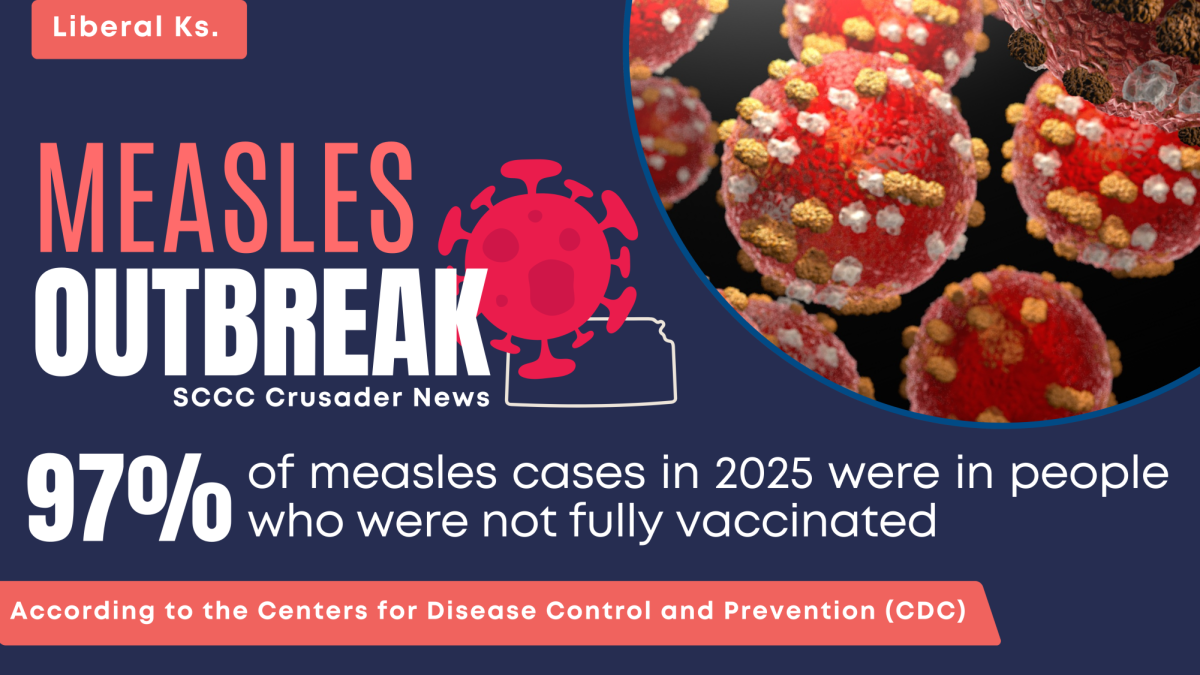








![The sophomores were recognized on the field instead of walking across the stage during their doubleheader. They received their diplomas and a picture of themselves playing during their career at Seward. [Pictured left to right are Dylan Day, Reed Thomas, Jase Schneider, Mason Martinez, Gannon Hardin, Brody Boisvert, and Zach Walker]](https://crusadernews.com/wp-content/uploads/2022/05/WEBDSC_0275-900x454.jpg)

















